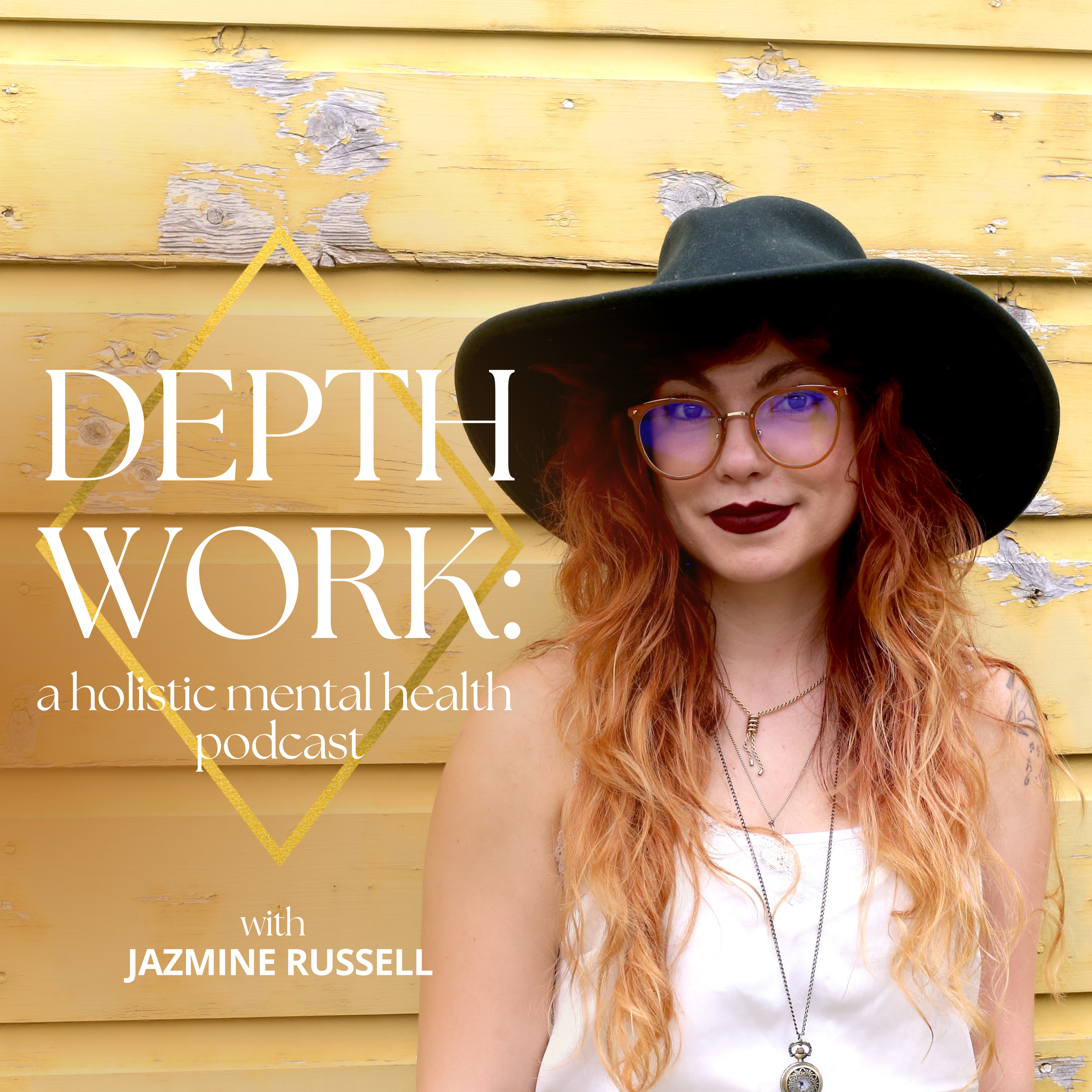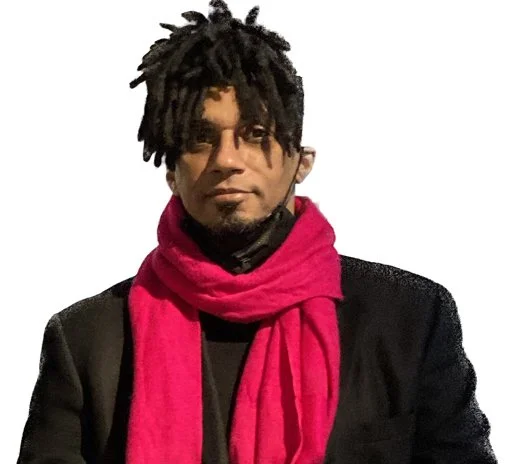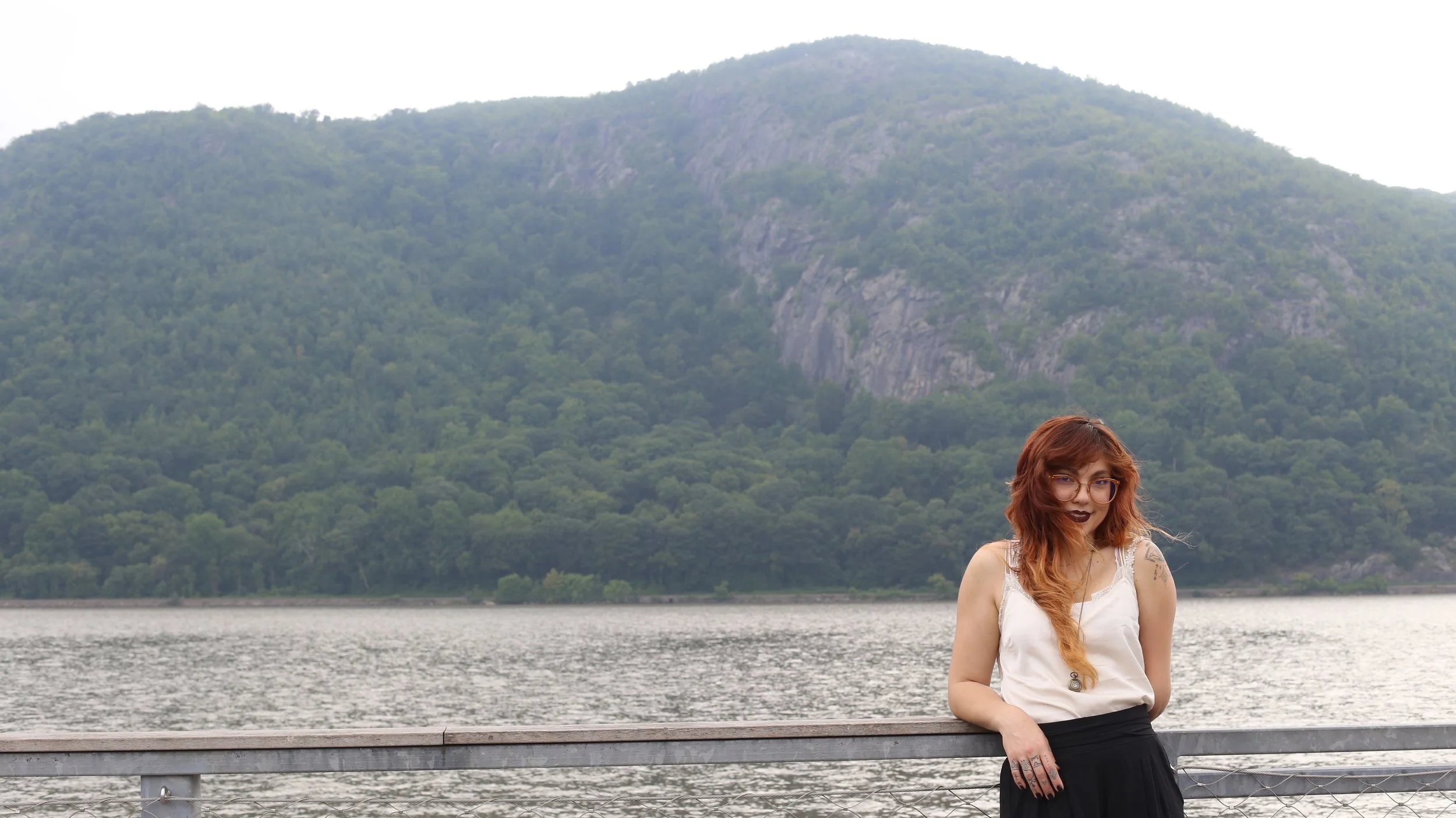Tending to Our Nervous Systems: Healing Chronic Pain, Communicating with Plants & Embracing Complexity with Asia Suler
In this episode, I had the pleasure of speaking with an old friend and teacher of mine, Asia Suler. She is an herbalist, nature philosopher, and author who has experienced deep transformation through chronic pain and illness. Asia's insights, shared in her new book "Mirrors of the Earth," sheds light on the importance of depathologizing sensitivity and celebrating being a highly sensitive person (HSP) as a unique superpower. We explore the significance of safeguarding our nervous systems, setting boundaries, and recognizing the signs of nervous system overwhelm. Asia also imparts wisdom on reconnecting with ourselves, establishing a profound connection with the natural world, and embracing our multidimensionality.
The Beauty of Being a Highly Sensitive Person (HSP)
Dr. Elaine Aron introduced the concept of highly sensitive people (HSPs), emphasizing their unique traits and heightened sensitivity to the world around them. The key features of HSPs include a deeper processing of information, increased emotional responsiveness and empathy, a rich inner world, and a tendency to be more easily overwhelmed by sensory input or intense environments. HSPs often possess a keen sense of intuition and are highly attuned to subtleties in their surroundings, which can make them more susceptible to feeling overwhelmed or overstimulated. Dr. Aron's work has been instrumental in destigmatizing sensitivity and challenging societal norms that often dismiss or undervalue this trait. Asia, too, passionately advocates for depathologizing sensitivity, viewing all humans as highly sensitive beings. Rather than perceiving sensitivity as a flaw, we can celebrate it as a superpower. Recognizing ourselves as highly sensitive mammals can help us appreciate the incredible adaptability and creativity we cultivate collectively.
Establishing Boundaries Protecting Our Nervous Systems
Asia reflects on her journey through chronic illness and pain, acknowledging the profound teachings they have held for her. She explains that instead of viewing our bodies as adversaries, we can embrace them as our greatest teachers. Chronic illness and pain often serve as wake-up calls, “urging us to expand our paradigms and rediscover the animacy of life. These moments of debility can crack us open to the luminous world surrounding us,” enabling us to address the root causes of our suffering and embark on a transformative healing journey. One vital aspect of living synergistically with our sensitive nervous systems is the establishment of boundaries. Asia beautifully compares our lives to gardens, where we have the responsibility to weed, prune, and cut to ensure our well-being. Just as a flourishing garden necessitates boundaries, our lives flourish when we assert our own needs and set vital boundaries.
Reconnecting with Ourselves and the Natural World
Asia shares powerful practices for returning to ourselves, reconnecting with our true essence, and experiencing profound healing through nature. She reminds us that “plants act as gatekeepers”, helping us tap into the magic and the consciousness around us. By cultivating a deep connection with the natural world, we can rediscover an older, indigenous remembrance of all things as animate beings. Embracing this perspective fosters wholeness, and harmony within ourselves and the planet.
“That’s one of the problems with just how quick we are as a culture to pathologize. We then sort of bulldoze over our own complexities. Especially when you get quote unquote diagnosed with something at a young age, then it almost becomes this block to you actually being seen in your complexities - you feeling like you don’t have permission to explore your complexities because you’ve been given this label. So it wasn’t really until I discovered this term ‘highly sensitive person’ as an adult that it all really started to make sense. I realized that this wasn’t some sort of character shortcoming within me. This is a facet of the way that my nervous system works. My nervous system is literally just more attuned to and perceptive of sensory input.”
Also in this episode:
why humans are highly sensitive mammals
why gardens serve as good boundary practice
listening to the messages of chronic illness and pain
practices for coming back to the self
how to talk to plants step-by-step
motherhood and embracing all our paradoxes
“Plants are these gatekeepers. They really are for humans. They are these gatekeepers that help us open back up to this luminous, magical experience of being alive in this reality that we are in”
About Asia Suler:
Asia Suler is a writer, teacher, earth intuitive and author of Mirrors in the Earth: Reflections on Self-Healing from the Living World. Asia began her journey after early years of chronic pain and illness. The experience— which pushed her into a deep search for healing, both within and without— led her to the altar of the green world and the creation of One Willow Apothecaries, an Appalachian-grown company that offers handcrafted medicines and educational experiences in herbalism, animism, and earth-centered personal growth. Asia has guided over 20,000 students in 70+ countries through her immersive online programs. Through her work, Asia helps people embrace their own unique medicine through a joyful engagement with the natural world.
DEPTH Work - A Holistic Mental Health Podcast
This is a space for those who love to dive into the underbelly, to revel in the mystery, question assumptions about what is normal, play in both/and, and honour the wide range of human emotions.
As a complex trauma survivor, holistic counsellor and co-founder of a mental health institute, I learned that there is immense wisdom in our pain and what we call crazy is just what we are yet not willing to understand and explore. Let’s dive in!
Resources:
Asia’s Facebook:https://www.facebook.com/asiasuler/
Asia’s Instagram: https://www.instagram.com/asiasuler/
Asia’s Youtube: https://www.youtube.com/c/asiasuler
Asia’s Book: www.mirrorsintheearth.com
Intuitive Plant Medicine Course: https://onewillowapothecaries.com/classes/online-learning/intuitive-plant-medicine/
Asia’s Mothering Depth Substack : https://asiasuler.substack.com
Research:
Dr. Elaine Aron’s books on being a highly sensitive person: https://hsperson.com/books/















